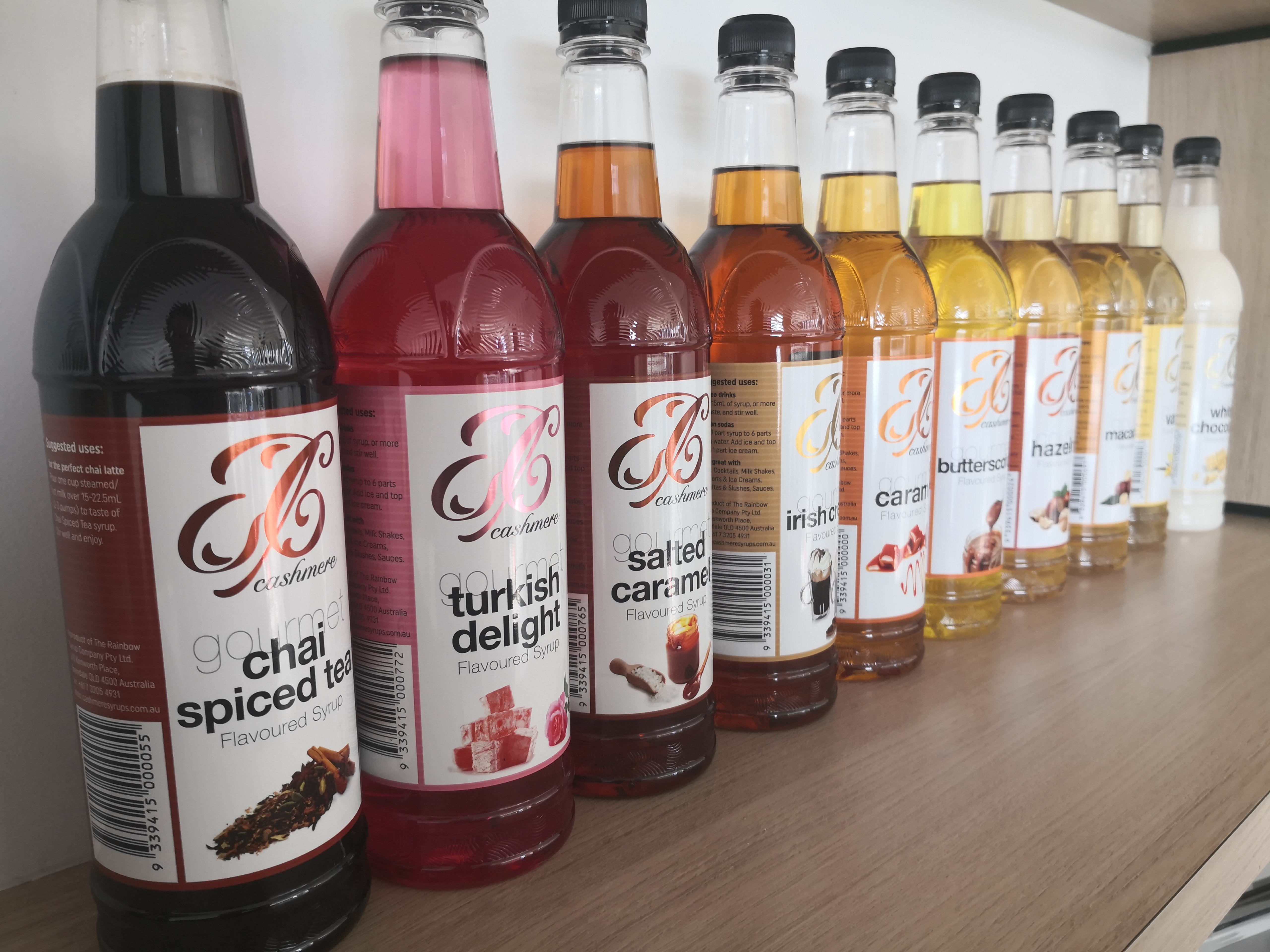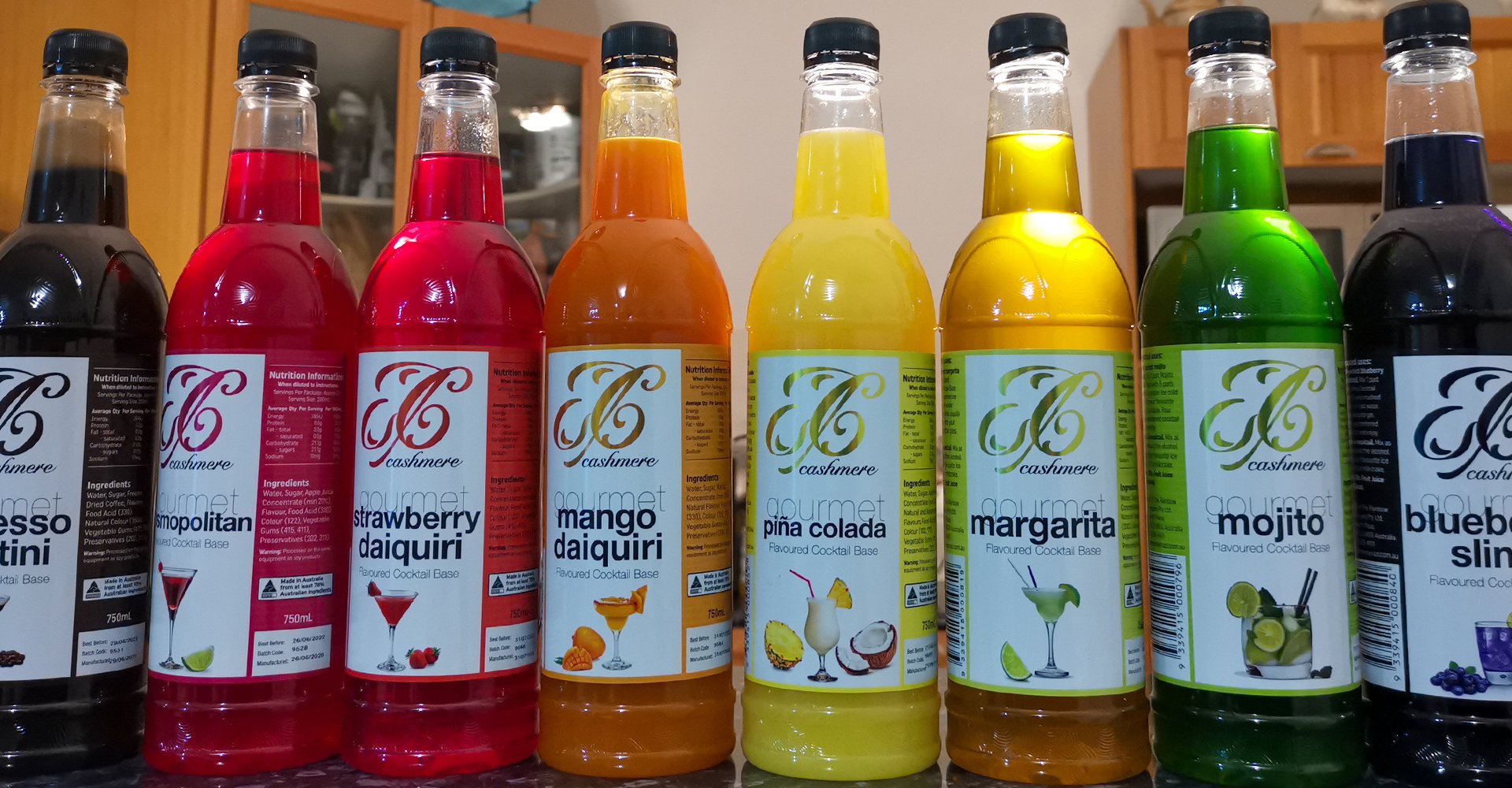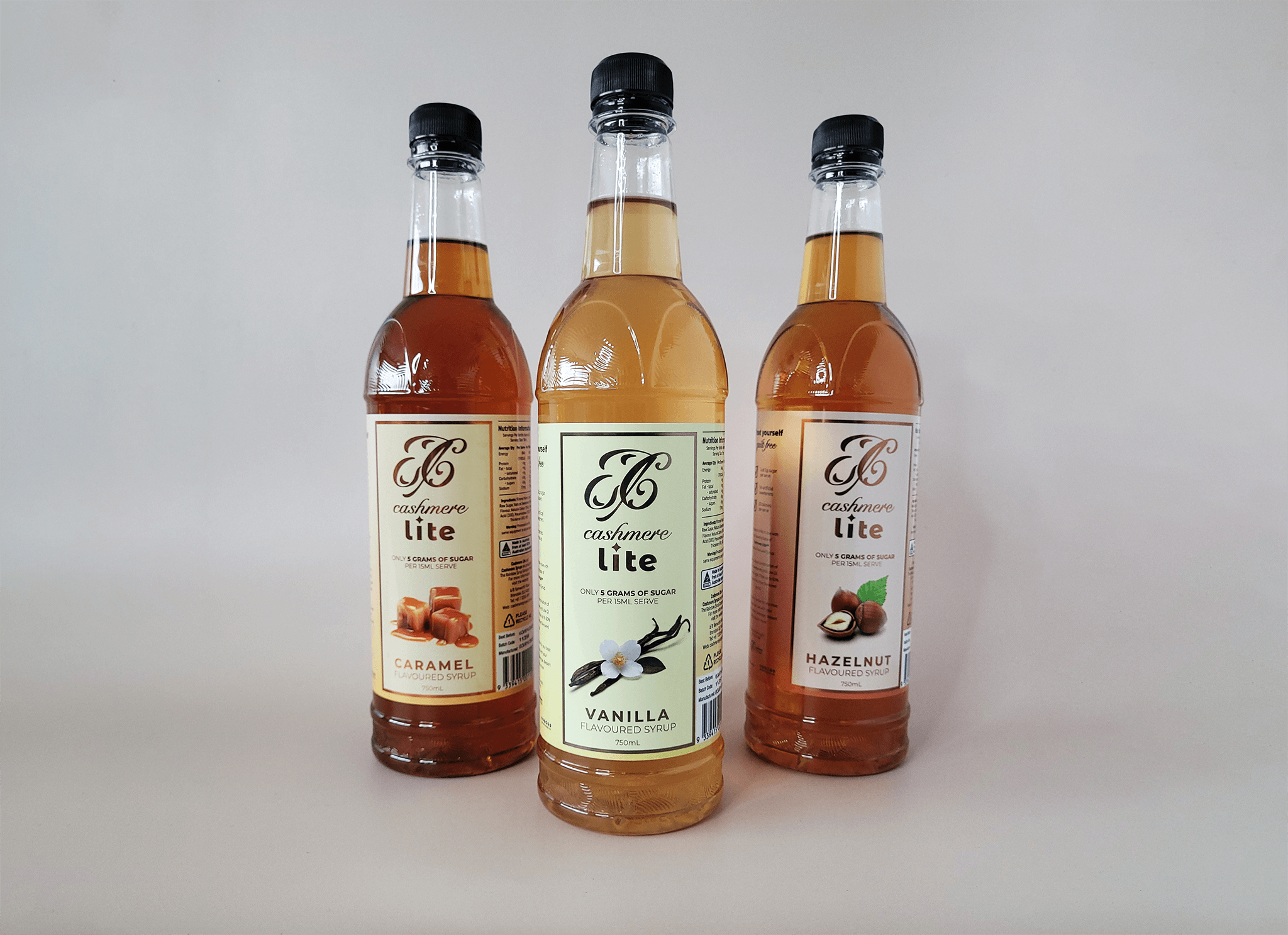Win Your Week
Mastering Productivity and Efficiency with the 80/20 Rule
In a world filled with endless tasks, responsibilities, and distractions, finding effective ways to maximise productivity is a universal challenge. Enter the 80/20 rule, also known as the Pareto Principle, a powerful concept that can revolutionise the way you approach your work and life. In this blog, we'll explore the 80/20 rule, its origins, and how you can apply it to achieve greater productivity, efficiency, and even happiness.
Learn moreAspiring for Your Ideal Self: Navigating the Journey
In our journey through life, we often find ourselves caught between two versions of ourselves - the "Ideal Self" and the "Actual Self." These two facets of our identity can play a significant role in shaping our self-concept. Let's dive into this intriguing concept and explore how it influences our lives.
Learn moreBoosting Productivity: Batch Similar Tasks for a Winning Week
Welcome back to another instalment of our "Win Your Week" series. Today, we're diving into a powerful productivity tip that can help you conquer your to-do list and make the most out of your precious time: batching similar tasks. We all know that feeling of being pulled in a hundred different directions, juggling work, family, and friends. It can be overwhelming and leave us feeling drained. But fear not, because by the end of this blog, you'll have a strategy to tackle tasks efficiently and make the most of your week.
Learn moreThe Importance of Hobbies: Nurturing Your Passion Beyond Work
In today's fast-paced world, it's easy to get caught up in the daily grind of work, responsibilities, and the endless demands of modern life. Many of us forget the importance of hobbies and how they can bring balance, fulfillment, and joy into our lives. Hobbies aren't just leisure activities; they are essential for our mental, emotional, and physical well-being. In this blog post, we'll explore why hobbies matter and provide a comprehensive list of hobby suggestions to inspire you to explore new interests or rekindle old ones.
Learn moreThe Harmonious Connection: Exploring the Influence of Music on Productivity and Concentration
Music is a universal language that has the power to evoke emotions, uplift spirits, and even enhance cognitive functions. From setting the mood for a relaxing evening to providing motivation during a workout, music's impact on our daily lives is undeniable. In recent years, researchers have delved into the realm of productivity and concentration, examining how music can influence these crucial aspects of our work and study routines. In this blog post, we'll explore the intriguing relationship between music and productivity, shedding light on how different types of music can either boost or hinder our ability to focus and excel.
Learn moreCultivating a Healthy Relationship with Social Media for Enhanced Productivity
In today's digital age, social media has become an integral part of our lives. While it offers numerous benefits, such as staying connected with friends and family and accessing a wealth of information, it can also be a double-edged sword when it comes to productivity. If you find yourself frequently falling into the social media rabbit hole, it's time to establish a healthy relationship with these platforms. In this blog, we'll explore practical strategies to maintain a balanced approach to social media usage that can enhance your overall productivity.
Learn moreLeashing Creativity and Clarity: The Power of Mind Mapping
In today's fast-paced world, where information flows rapidly and tasks pile up, finding effective methods to organise our thoughts, ideas, and tasks is more crucial than ever. One powerful tool that stands out in this endeavour is the art of mind mapping.
Learn moreMastering Productivity: The "Eat That Frog" Approach
In the realm of productivity, finding effective strategies to conquer tasks and make the most of your day is a never-ending quest. Amidst the plethora of techniques available, the "Eat That Frog" approach stands out as a powerful method to supercharge your productivity and achieve remarkable results. This approach encourages individuals to confront their most challenging or least enjoyable tasks head-on, early in the day. By doing so, you not only build momentum but also foster a sense of accomplishment that propels you through the rest of your tasks. In this blog, we'll delve into the "Eat That Frog" approach, its principles, and how you can implement it to transform your daily productivity.
Learn moreUnwinding the Mind: 10 Effective Ways to Relax and Recharge
In the hustle and bustle of modern life, finding moments of relaxation is essential for maintaining our mental and physical well-being. Just as our bodies require rest, our minds also deserve a break from the constant demands and stresses. Fortunately, there are numerous ways to unwind and rejuvenate, allowing us to recharge and face life's challenges with renewed energy. In this blog, we'll explore ten effective ways to relax and create a peaceful oasis in our busy lives.
Learn more














